Enlarge image
Could become French Prime Minister: Jean-Luc Mélenchon
Photo: JULIEN DE ROSA / AFP
Will a left-wing alliance against the president form in the French lower house in June?
France's left-wing parties have forged a common alliance for the parliamentary elections in June.
After the Greens and the Communists, the Socialists (PS) and the movement led by left-wing populist Jean-Luc Mélenchon also agreed to stand together in the parliamentary elections.
The aim of the alliance is to win the majority of constituencies "to prevent Emmanuel Macron from continuing his unjust and brutal policies and to defeat the extreme right," said a joint statement by the Socialist Party and Mélenchon's La France Insoumise (LFI).
»New ecological and social popular union«
The alliance aims to help Mélenchon become prime minister via a majority in the National Assembly.
Mélenchon did surprisingly well in the first round of the French presidential election and narrowly missed out on the runoff.
If the plan for a joint list called "New Ecological and Social People's Union" works out, President Macron's room for maneuver would be massively restricted: the French lower house will be elected using the first-past-the-post system.
Smaller parties therefore usually have little chance of winning constituencies on their own.
A merger of the fragmented left camp could be dangerous for Macron.
The head of state needs a majority in parliament to implement his plans.
Tensions in the alliance negotiations
Should another camp win the majority, Macron would effectively be forced to appoint a prime minister from among them.
In France, such a “cohabitation” has already taken place several times.
According to previous agreements of the planned left-wing alliance, the leftist Jean-Luc Mélenchon, who came third in the presidential election, should then become head of government.
However, observers consider such a scenario to be unlikely.
Mélenchon's idea of unilaterally "refusing to obey" the provisions of some EU treaties caused great tension in the alliance negotiations.
The contentious issues also included the division of the constituencies among the alliance partners.
After the PS's official "yes" to the alliance, party leader Olivier Faure still has to convince the National Council of his PS and thus the internal party parliament.
Heavyweights such as ex-President François Hollande had previously spoken out against the common election platform.
Hollande urgently warned against a "disappearance" of the socialists.
Former Prime Minister Cazeneuve followed through on his announcement and resigned from the PS.
The first round of parliamentary elections will take place on June 12, with the second a week later.
Polls by Harris Interactive at the end of April put the left parties together at around 33 percent and thus as strong as an alliance between Macron's party and the Conservatives.
After his victory in the presidential elections in April, the old and new heads of state need a majority in parliament to push through his planned, comparatively pro-European and business-friendly reforms.
Among other things, he wants to raise the retirement age from 62 to 65 years.
tfb/dpa/AFP/Reuters


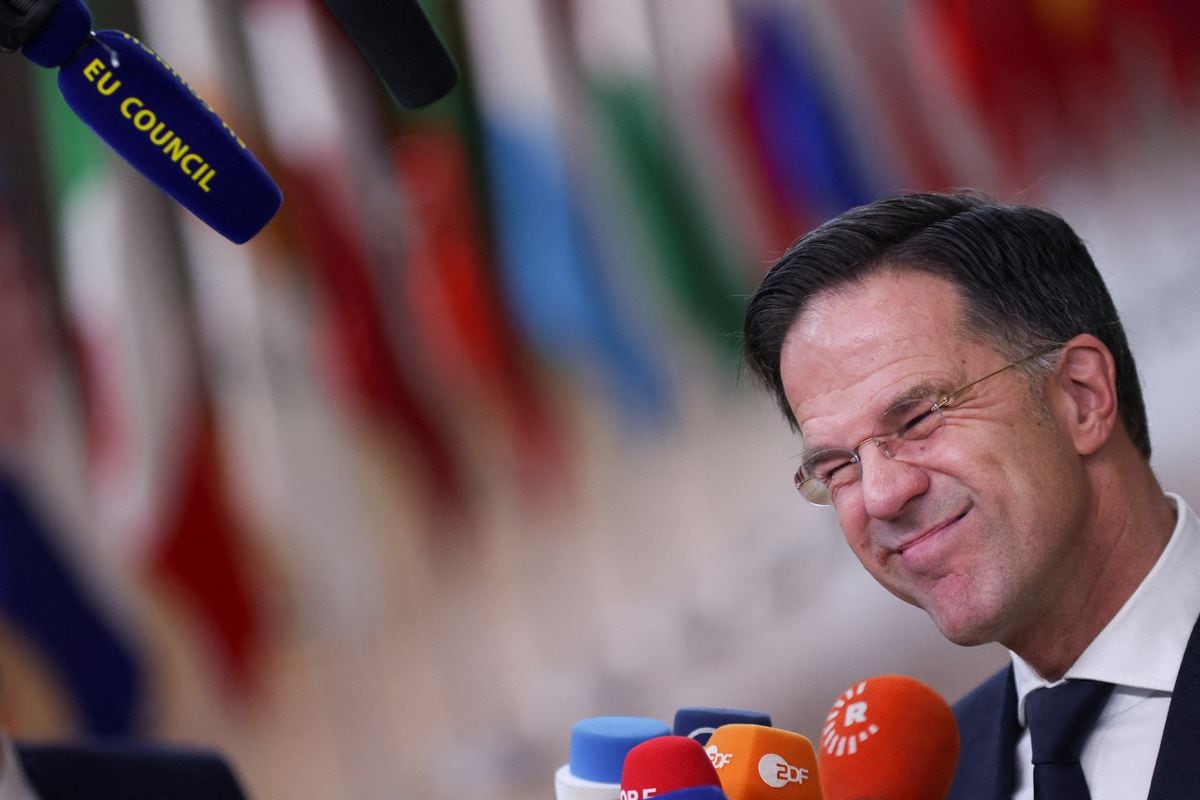

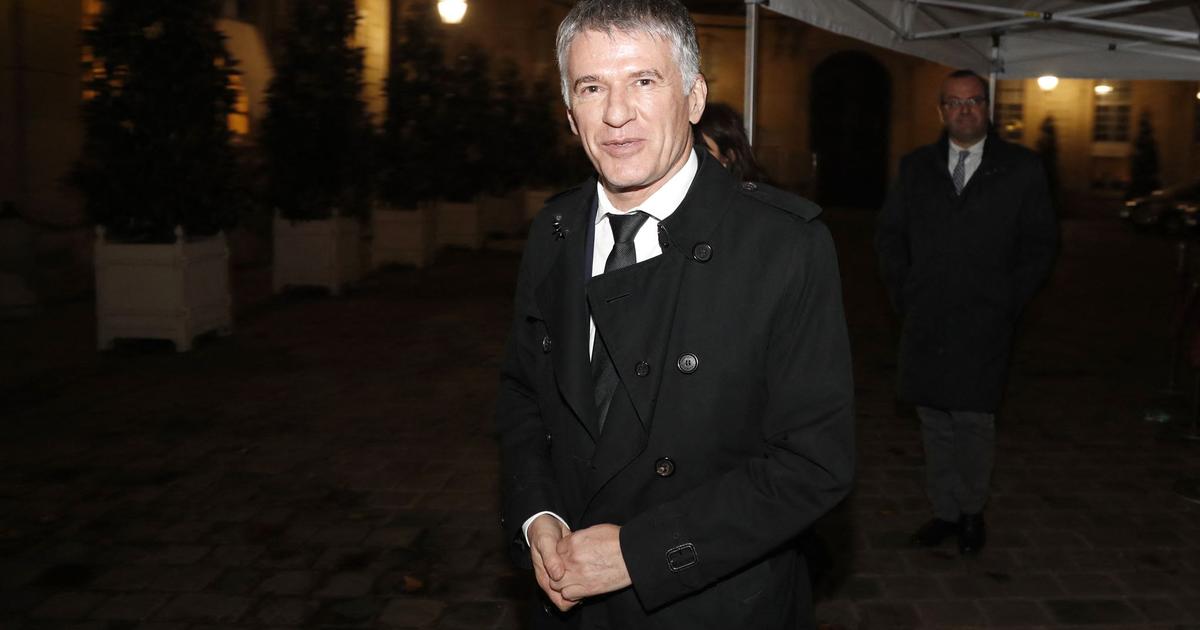
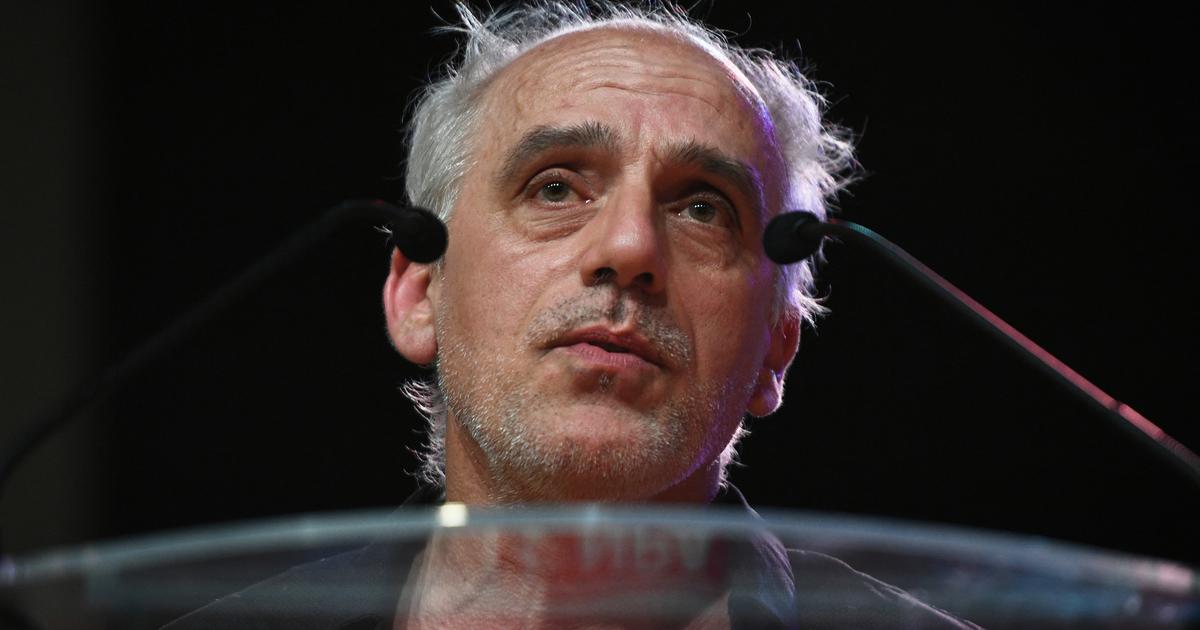
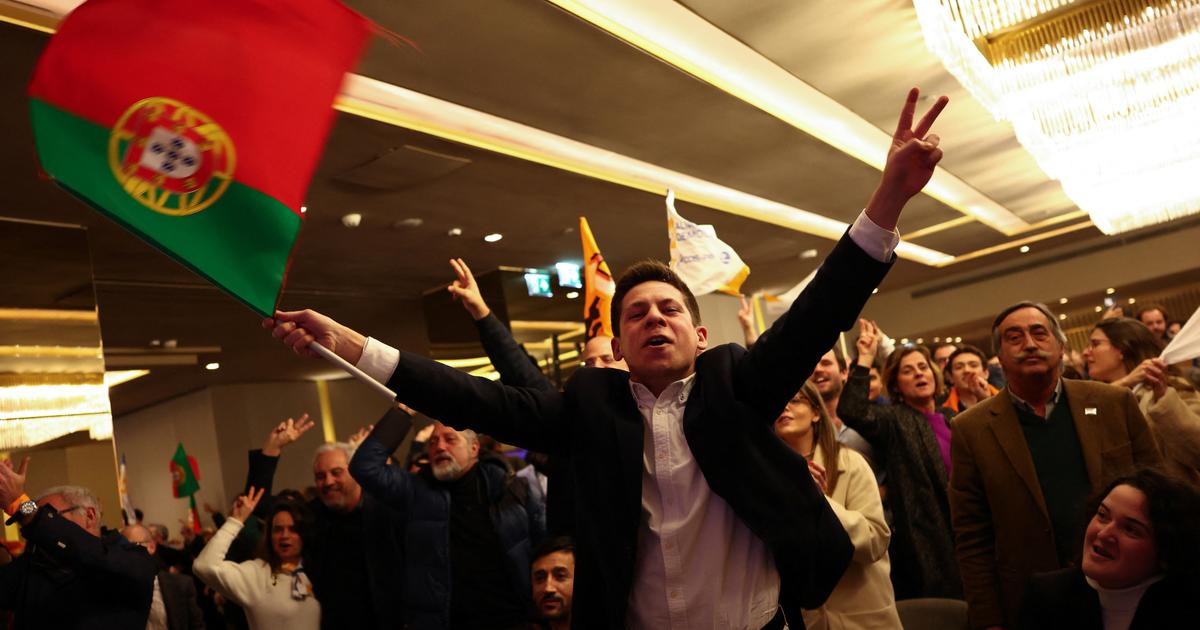


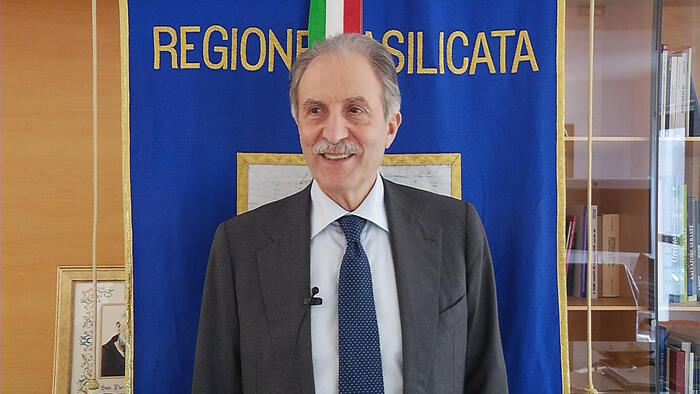
/cloudfront-eu-central-1.images.arcpublishing.com/prisa/2C5HI6YHNFHDLJSBNWHOIAS2AE.jpeg)



